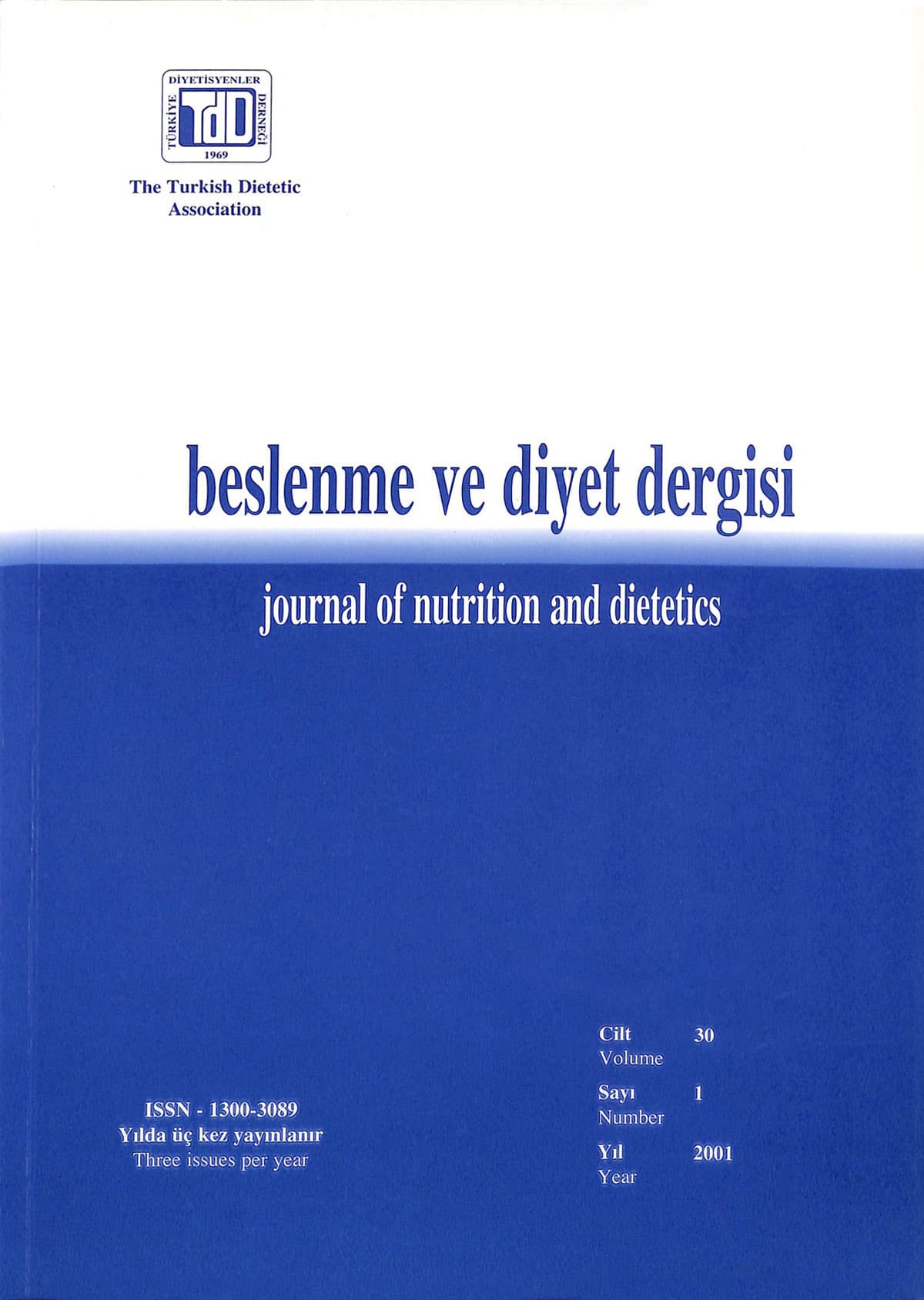Importance of Fatty Acids in Infant Nutrition
Keywords:
Fatty acids, breast milk, infant formulasAbstract
The most important functional components of dietary lipids (triglycerides, cholesterol e ster s and plıospholipids) ar e fundamental to normal growth and development of infants. Fatty acids are classified according to the ir chain length and theır degree of satııration. Each class of fatty acid is involved in specifıc metabolic reactions: Short-cham fatty acids act as local growth factors in colon; medium-and saturated long-chain fatty acids are a good source of energy: polyıınsaturated lotıg-chain fatty acids are involved in metabolic regulatıon; and very long-chaın fatty acids are important structııral components of membranes. The development öf the central nervoııs system depeııds on the amoıuıt and the qııality of the lipid sııpply in the last nıonths of prenatal and the first nıonths of postnatal life. Placental cord blood dııring foetal life and breast milk provide fatty acids in the correct amounts and ratios. Hunıan milk fatty acids nıay be related t o maternal dietaıy habits, cııltural traditions and socioeconomic status. The preparation of blends of fats for formulas is under investigation in order to improve the lipid quality and to make formıılas more similar to breast milk.

